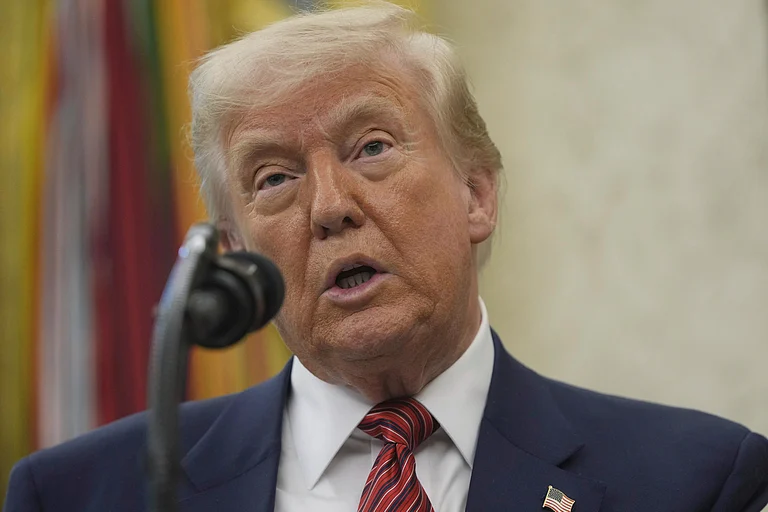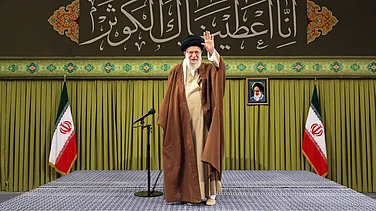South Africa has strongly condemned US President Donald Trump’s decision to boycott the upcoming G20 Summit in Johannesburg, calling it an “imperialist” and racially charged act of interference. The ruling African National Congress (ANC) and senior government officials accused Trump of misrepresenting the country’s social and political realities for political gain.
Trump announced that the United States would not send any officials to the 2025 G20 Summit, claiming the boycott was in protest against what he described as the persecution of white Afrikaner farmers in South Africa. Calling the summit a “disgrace,” he said no U.S. representative would participate while “these human-rights abuses continue.” His remarks sparked outrage in Pretoria, with South African leaders dismissing the allegations as baseless and racially divisive.
ANC secretary-general Fikile Mbalula rejected Trump’s comments, saying there is “no persecution of any racial group” in the country and branding the claims “a blatant lie rooted in imperialist thinking.” Foreign Minister Ronald Lamola said the U.S. decision was politically motivated and disconnected from factual realities, noting that crime in rural areas affects people of all races, including black farmworkers. He added that the government remains committed to addressing rural safety through constitutional and legal means.
President Cyril Ramaphosa’s office also issued a statement asserting that the United States “will not dictate” who South Africa engages with or how it governs its internal affairs. The government emphasised that the G20 Summit would proceed as planned, with or without U.S. participation, and that global cooperation could not be held hostage by “prejudiced rhetoric.”
The 2025 G20 Summit, scheduled for November 22–23 in Johannesburg, marks the first time the event will be hosted on African soil. The meeting is expected to bring together leaders from the world’s major economies to discuss global economic stability, climate finance, and reform of international institutions. Trump’s boycott, however, threatens to overshadow the historic nature of the summit and raises questions about the future of U.S. engagement in multilateral forums.
Trump’s remarks about South Africa echo earlier controversies during his presidency, when he accused the country of land seizures targeting white farmers. South Africa has consistently rejected those claims, clarifying that its land-reform programme aims to correct historic inequalities from the apartheid era through lawful and compensated redistribution.
Observers say the U.S. absence could open space for other global powers such as China, India, and Russia to deepen their diplomatic and economic footprint in Africa. Trump’s stance may further strain Washington’s relations with Pretoria, which has increasingly positioned itself as a voice for the Global South and an advocate of multipolar cooperation.
While the U.S. boycott reflects a growing scepticism toward multilateralism, South Africa’s firm response underscores its determination to assert sovereignty and protect its international standing. For Pretoria, the controversy is as much about rejecting outdated hierarchies in global politics as it is about defending its domestic policies from external distortion.


























